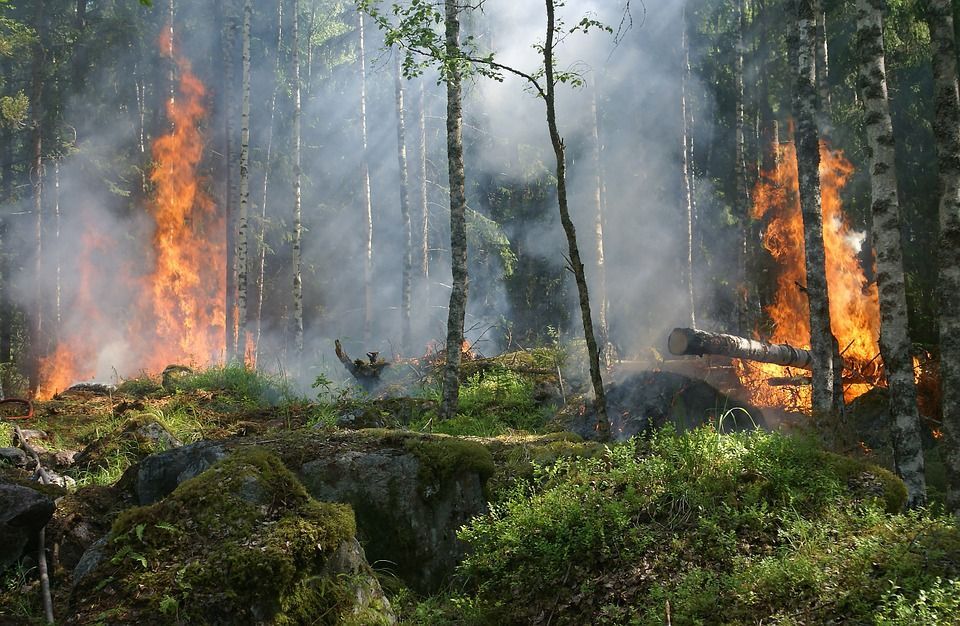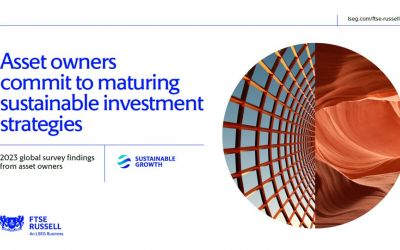A climate crisis disaster happening every week, says UN
The United Nation’s secretary-general’s special representative on disaster risk reduction warned, in an interview with the Guardian, that adaption and resilience from climate disasters needs to happen now.

The United Nation’s secretary-general’s special representative on disaster risk reduction warned, in an interview with the Guardian, that adaption and resilience from climate disasters needs to happen now.
While only a minority reach our headlines, at least one climate disaster event is happening each week, Mami Mizutori, the United Nation’s secretary-general’s special representative on disaster risk reduction has warned. These “lower-impact” events include droughts, cyclones, floods and hurricanes, and are occurring more frequently than media headlines suggest.
Mizutori emphasised that adapting to the climate crisis is an immediate problem, for which the response has to happen now: “This is not about the future, this is about today. People need to talk more about adaptation and resilience”.
“This is not a lot of money [in the context of infrastructure spending], but investors have not been doing enough. Resilience needs to become a commodity that people will pay for.”
Annual costs of climate-related disasters have been estimated at $520 bn a year, while the costs of building protective infrastructure is only $2.7 tn in total over the next 20 years. Indeed, many of the lower-impact disasters could be preventable if populations had pre-disaster warnings, flood defences and emergency supplies if water in cases of drought.
Vulnerability extends across all continents, including higher-income countries, such as the California forest fires, as well as Europe’s multiple heatwaves in 2019. Although, different issues face lower-income countries; a primary issue Mizutori addressed was protecting those in informal settlements, particularly those without access to food, water, healthcare or places to resettle.
The World Health Organisation has estimated that between 2030 and 2050, the climate crisis is expected to cause 250,000 deaths per year, from heat stress, diarrhoea, malnutrition and malaria. In particular, lower-income countries without extensive health infrastructure will struggle to respond and will be disproportionately affected by climate disasters than in higher-income countries.
“We talk about a climate emergency and a climate crisis, but if we cannot confront this [issue of adapting to the effects] we will not survive,” Mizutori told the Guardian. “We need to look at the risks of not investing in resilience.”
Read the full Guardian article here.






